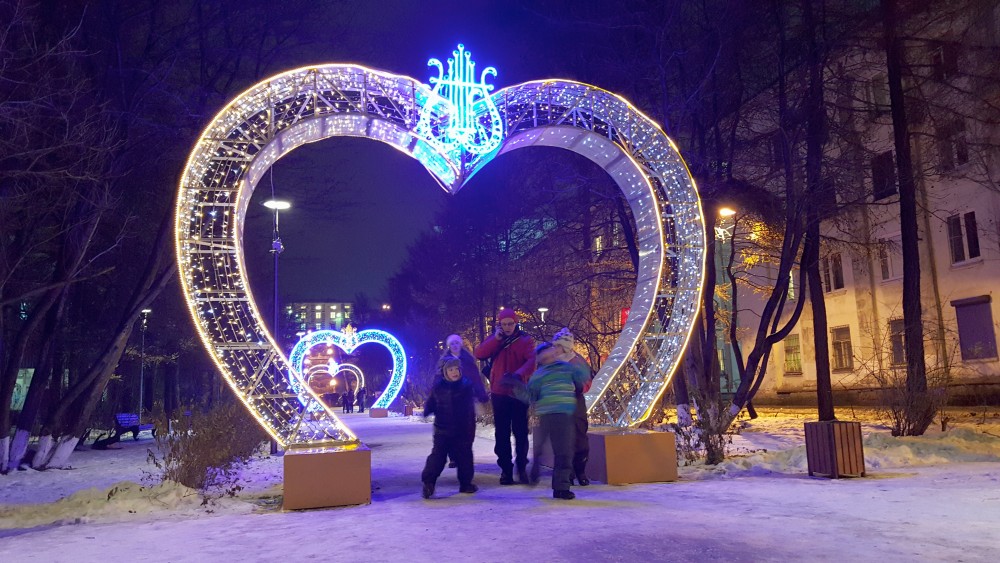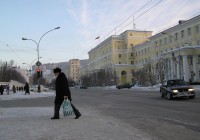
Less party time for Russian families
ADVERTISEMENT
Not only are the Russian shops without Turkish delights and EU cheese, Russians are also entering 2016 with shinking salaries and a hike in prices. According figures from the Russian Statistical Service (Rosstat), the price increase on foodstuff is making the traditional Russian New Year’s party table almost 13 percent more expensive than last year.
Of the 21 products traditionally on the national New Year’s table some are now significantly more expensive than before, Rosstat Deputy Head Georgy Oksenout admits to news agency TASS. Among them is oranges (48%), canned fish (28%), mayones (28%), canned peas (27%) and chocolate (24%).
The economic downturn in the country is now increasingly felt by regular families. Figures assembled by the WCIOM polling agency show a strong increase in the number of families with economic problems. A total of nine percent of respondents say they can hardly afford basic foodstuffs, a more than doubling compared with a similar study in 2014. Another 30 percent of respondents say they can afford food, but not new clothing. In 2014, only 18 percent of respondents adherred to that category.
In the same study, a total of 22 percent describe the material situation of their familiy as ”bad”, an increase of eight percent from 2014. The number of people who say their situation is ”medium” totals 64 percent, a decline of six percent from 2014.
The crisis, which most Russians believed would pass in the course of 2015, now shows itself as part of a more comprehensive and longer-term stagnation. Following two years of only slight growth, the Russian economy in 2015 contracted almost 3,8 percent. And outlooks for 2016 are not shiny bright. Several economists do not exclude that the economy will end up in the minus also this year.
For vulnerable groups, the current cut in salaries and pensions combined with the higher prices on foodstuff and services is a devastating mix.
Figures from Patchwork Barents, a database for the Barents Region, show that the salary level in the Russian north started to decline already in 2014. In Murmansk Oblast, the average monthly salary that year shrunk by almost 12 percent compared with the previous year to a total of $1117. In 2015, the negative trend continued. In the period January-October, incomes declined by another nine percent, the Murmansk branch of Rosstat informs.



